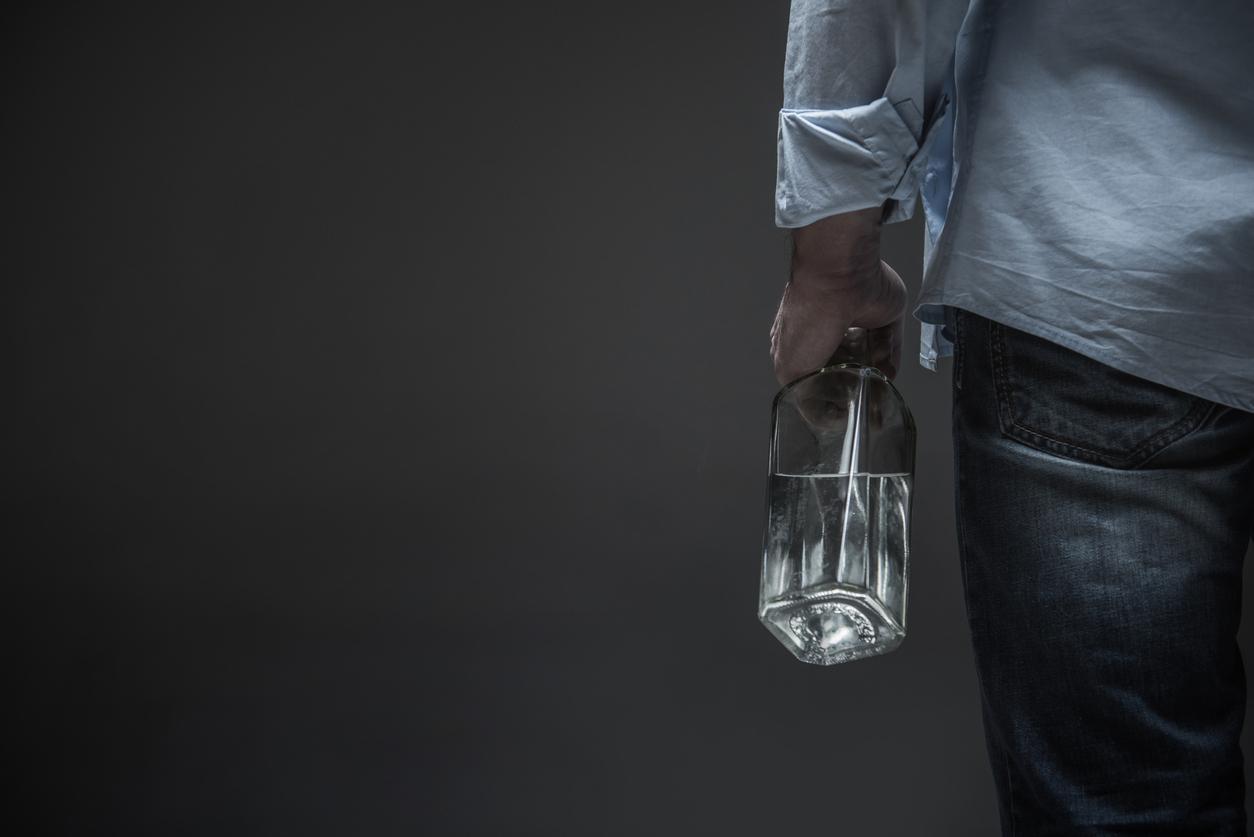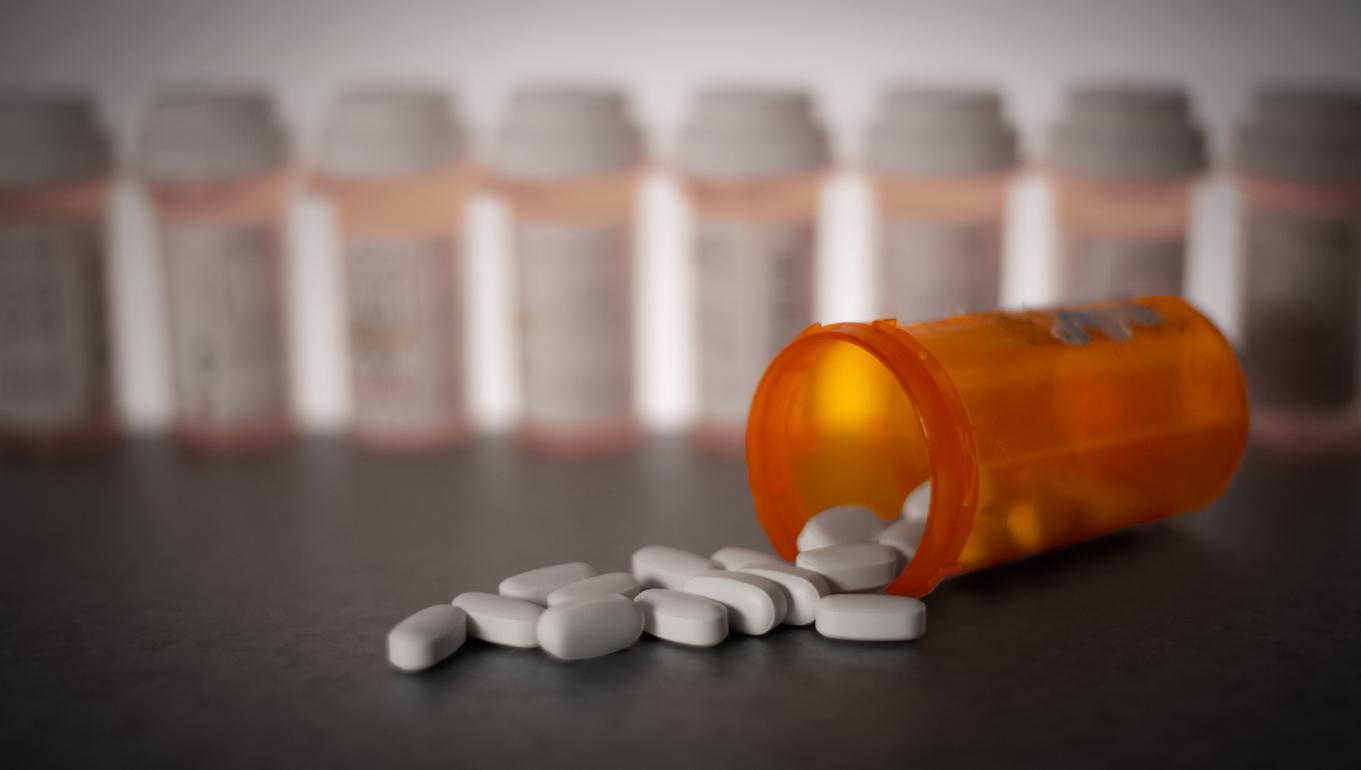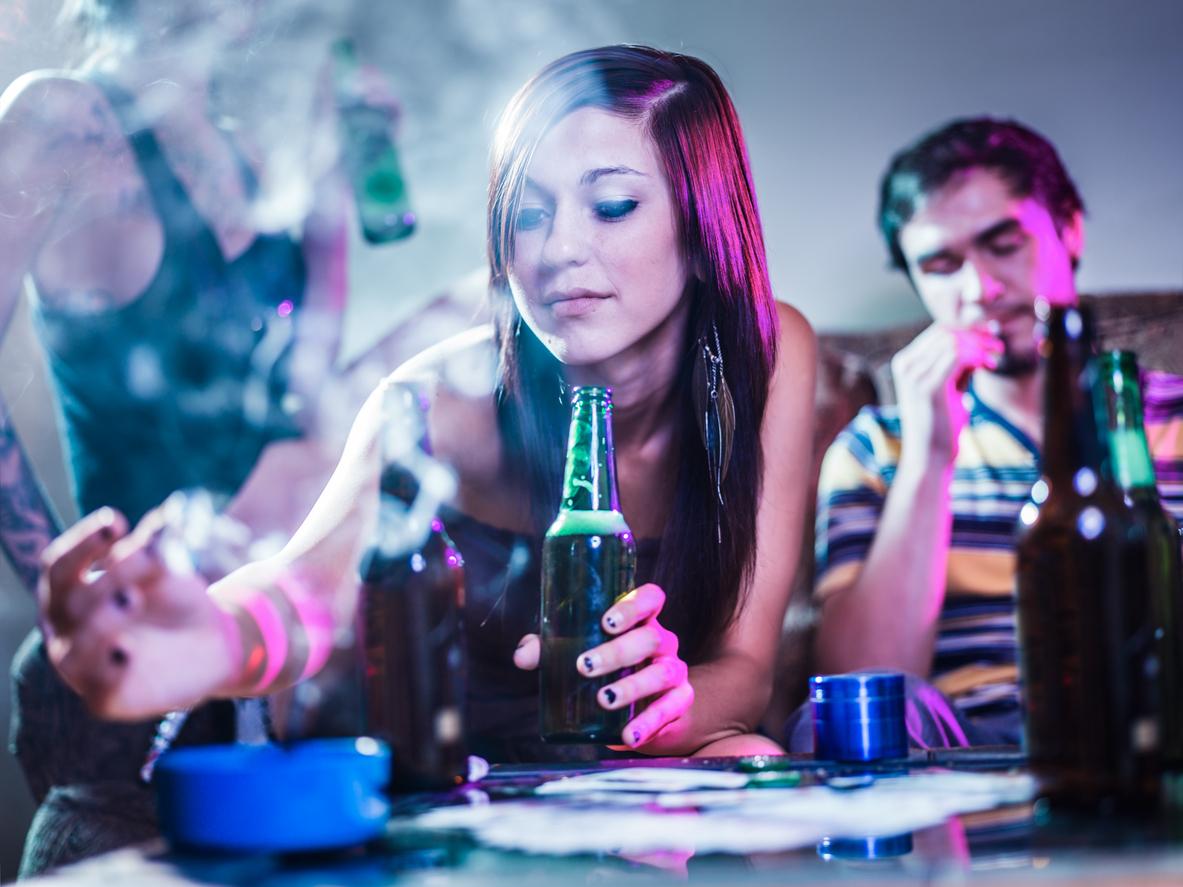Afssaps is taking a first step towards the authorization of baclofen in the treatment of alcoholism. But the agency insists on the need to better identify the undesirable effects.

The 25,000 patients treated for their alcohol addiction with baclofen should feel less alone. And so do the doctors who prescribe this drug for them. Until now, they were outside the legal framework. But the French Agency for the Safety of Health Products now considers that the clinical benefits of this treatment against alcohol dependence are very real. Doctors will be able to prescribe it “on a case-by-case basis” in the context of alcoholic treatment, whereas it was previously delivered as a muscle relaxant.
The least we can say is that this is a turnaround. In June 2011, Afssaps warned doctors about the use of baclofen. Ten months later, she believes new studies are changing the game. In other words, the product would be effective in some patients and the side effects are limited.
Dr Bernard Granger, psychiatrist at Pitié Salpêtrière campaigned for Afssaps to modify its position: “We went from red light to green light. “
It was a French study that rocked the Afssaps. The results obtained from the 181 high-risk drinkers were final. Thanks to Baclofen, 60% of the patients became indifferent to alcohol and were in complete control of their consumption, 20% had low-risk consumption and in the remaining 20%, baclofen had no effect. No alcohol addiction treatment can say the same. Afssaps has therefore decided not to wait for the results of the major scientific study which will be launched next May, to recognize the benefits of baclofen. However, she did not sign a blank check and insisted on the need to better understand the adverse effects of this drug. Indeed, the optimal dose of baclofen is currently unknown. This is why the Agency wants this drug to be handled by “experienced doctors”.
Dr Bernard Granger : “Patients should talk to their doctor about this drug.”
Doctors, long skeptical, are still more and more likely to prescribe this drug. More than 25 million tablets were sold per quarter in 2011. Even if according to the pharmacovigilance report, these prescriptions are concentrated around “a few practitioners” and that there is self-medication estimated at around 3%.
.















